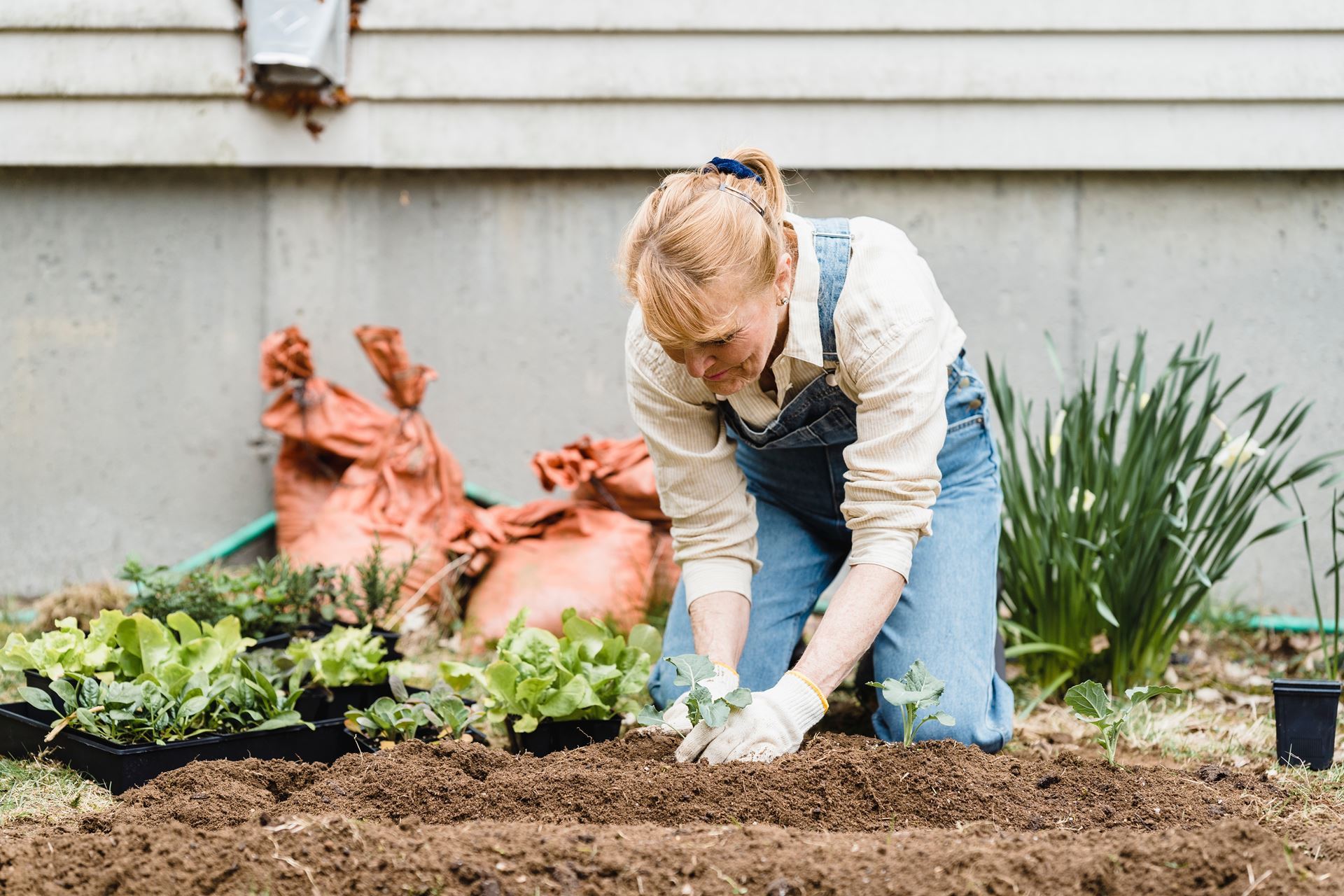
Author: Roxanne Hoorne
With the continued growth of urban agriculture in Florida, the state government is supporting its unique needs with the passing of Senate Bill No. 628, which recognizes the need to distinguish between traditional and urban farms when it comes to legislation, as well as its establishment of the Urban Agriculture Pilot Project Act.
SB 628 took effect on July 1, 2021.
“The Legislature recognizes the ability of urban agriculture to spur economic development by providing for fresh foods in city centers, community revitalization, and the adaptive reuse of vacant lands.” Michael Dema, St. Petersburg Managing Assistant City Attorney, said in the Florida Food Policy Council's July 2021 Florida Food Forum on Urban Agriculture Policies and Programs.
“This (SB 628) is a kind of win-win for everybody, regardless of your political ideology,” as the growth of urban agriculture grows economies, provides jobs, adds value to land, addresses food-insecure areas, and adds green spaces. He sees the bill as “an opening in terms of broadening opportunities for urban agriculture in St. Pete,” building off the recent passage of Urban Agriculture Ordinance 488-H.
SB 628 acknowledges that some of the regulations applied to traditional farms must be amended to suit the unique needs of urban farms. The first section of SB 628 exempts urban agriculture from farm equipment regulations, requiring equipment be “stored, maintained, or repaired” by the owner on their property and kept at least 50 feet away from any public road.
In the legislation, “urban agriculture” is defined as “any new or existing noncommercial agricultural uses” on land within a “dense urban land area,” not zoned as agricultural as its principal use, and is designated by a municipality for inclusion in an urban agricultural pilot project that has been approved by the Department of Agriculture and Consumer Services. Personal vegetable gardens on residential properties do not apply to these regulations.
Section 2 of SB 628 excludes urban agriculture from regulations that exempt nonresidential farm buildings, farm fences, and farm signs from the “Florida Building Code and any county or municipal code or fee, except for code provisions implementing local, state, or federal floodplain management regulations.”
The third section of the bill is the “Urban Agriculture Pilot Project Act.” Under this act, local governments are authorized to create and regulate agricultural pilot projects in dense urban areas, while determining their effectiveness and impact. The Department of Agriculture and Consumer Services may select five municipalities with populations of at least 250,000 (St. Petersburg, Miami, Jacksonville, Orlando, and Tampa) that have submitted a narrative proposal of the pilot project including the location of the project, what crops will be grown, a plan for community involvement, the anticipated outcomes, nutrition and water use, fertilization management plans, and “any other requirements specified by department rules.”
Pilot projects will be approved for a 3-year period that may be renewed again every three years by mutual agreement between the department and municipality. The municipality will be responsible for submitting a report detailing the outcomes and impact of the pilot project. The Department of Agriculture and Consumer Services will summarize the reports of all outcomes and impacts of the pilot projects and report them to the President of the Senate and Speaker of the House of Representatives.
After the passing of this act, The Department of Agriculture and Consumer Services created the Florida Urban and Community Farming Pilot Program, which will provide grants for select urban farming projects around Florida. They are currently evaluating applications and will announce the recipients of the program funding in January 2022.
Sources:
All quotes were retrieved from the official text, CHAPTER 2021-115 Committee Substitute for Senate Bill No. 628 unless otherwise stated.
 Roxanne Hoorne is passionate about communications and journalism concerning equity in food and climate issues. She is also interested in the intersection of art, science, and philosophy. Roxanne has worked extensively with non-profits in research and communications concerning these issues both locally and internationally, as well as in the arts, both as an employee and volunteer. She is a Florida Food Policy Council member and contributes to their newsletter. She hopes her writing not only informs readers but also inspires their engagement.
Roxanne Hoorne is passionate about communications and journalism concerning equity in food and climate issues. She is also interested in the intersection of art, science, and philosophy. Roxanne has worked extensively with non-profits in research and communications concerning these issues both locally and internationally, as well as in the arts, both as an employee and volunteer. She is a Florida Food Policy Council member and contributes to their newsletter. She hopes her writing not only informs readers but also inspires their engagement.
Disclaimer: The views of the writers do not represent the views of the Florida Food Policy Council. We are a forum for the offering and sharing of information and encourage diversity and communication within the food system.